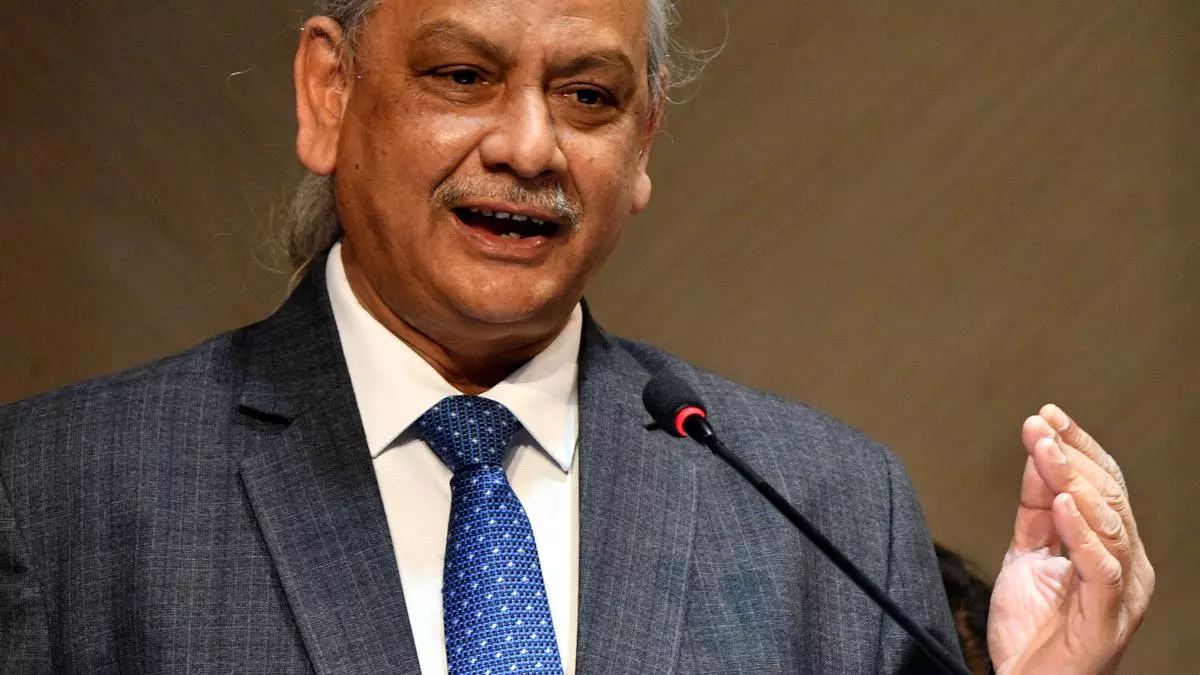India working to strengthen against risks posed by Big Tech, fintech: RBI Patra
as part of a file G20 Presidency, India Michael Batra, Deputy Governor of the Reserve Bank of India (RBI), said it is working to broaden the narrative beyond financial stability and financial safety concerns, in order to capture impacts and risks across sectors and financial macro.
“We are working to strengthen the ability of financial institutions to manage third-party risks and outsourcing, among others, arising from BigTech and financial technology, as well as strengthening global cooperation to enhance electronic resilience of the financial sector,” Batra said as part of his speech at the Indira Gandhi Institute Alumni Conference Research and Development Research (IGIDR), held on Wednesday.
Interoperable payments
India has prioritized increasing interoperability across domestic payment methods as it prepares to launch the digital rupee. The internationalization of local payment methods has also increased through tie-ups with payment service providers, such as those with Bhutan and Singapore for QR code-based merchant paymentsand extension UPI payment facilities for travelers coming from G20 countries for local business transactions.
Also read: RBI likely to maintain long hiatus, cut repo rate by 100 basis points in 2024
These initiatives are also expected to make peer-to-peer (P2P) cross-border remittances more cost-effective and deepen trade, travel and remittance flows between the two countries, Batra said, adding that other such linkages are on the anvil. .
India has emerged as the largest player in real-time payment transactions globally, with a share of close to 50 per cent, with a UPI of around Rs 900 crore. transactions in April. He said total digital payments are expected to jump threefold to $10 trillion by 2026, with two out of three transactions going through cashless modes.
High conversions
India is also currently receiving the highest remittance flow in the world at $108 billion as of 2022, an increase of 24.6 percent over last year, and accounts for 3 percent of India’s GDP.
Also read: The climate finance push from the Reserve Bank of India (RBI) is significant
“The future of cross-border payments will be marked by the establishment of payment bars dedicated to instant transfers, while ensuring digital and financial inclusion and greater coordination of cross-border payment systems,” Batra said.
Other G20 priorities for India include addressing the macroeconomic impacts of food and energy insecurity; Climate change; strengthen multilateral development banks; debt sustainability; Enhancing financial resilience through sustainable capital inflows; financing inclusive, equitable and sustainable growth; leveraging digital public infrastructure; climate finance; and opportunities and risks arising from technological change.
